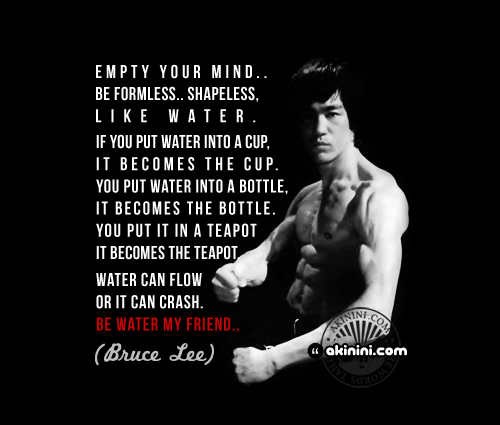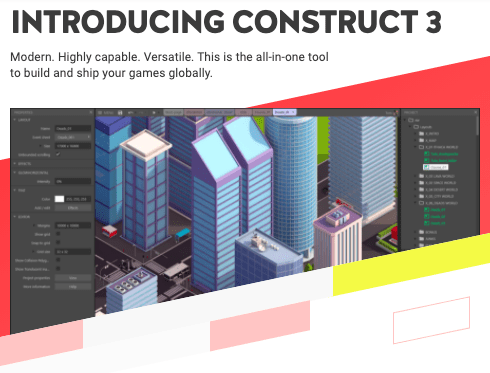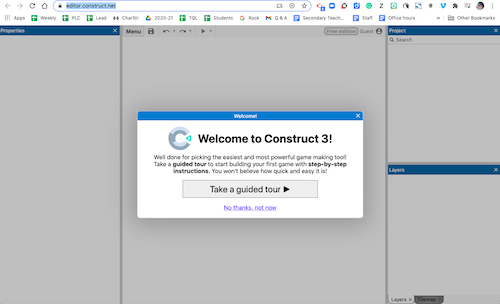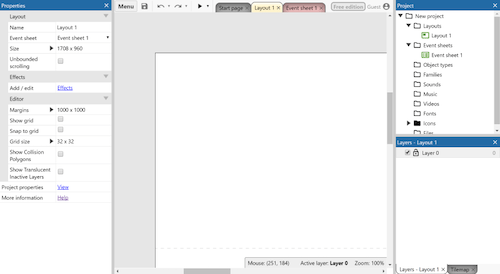
“The successful free to play games are selling positive emotions. Not content.” – Nicholas Lovell
“It should be the experience, that is touching. What I strive for is to make the person playing the game the director.” – Shigeru Miyamoto
SUMMARY
- My weekly summary was that I sat home and went on my phone, I did school work, and i worked out.
PRACTICE ROOM (TUTORIALS)

Unity – C#
- https://www.sololearn.com/Course/CSharp/
- I learned to make my applications ore secure and way more robust. There cannot be any hackers or anything like that that get into my program.
CLASSROOM (THEORY & ANALYSIS)
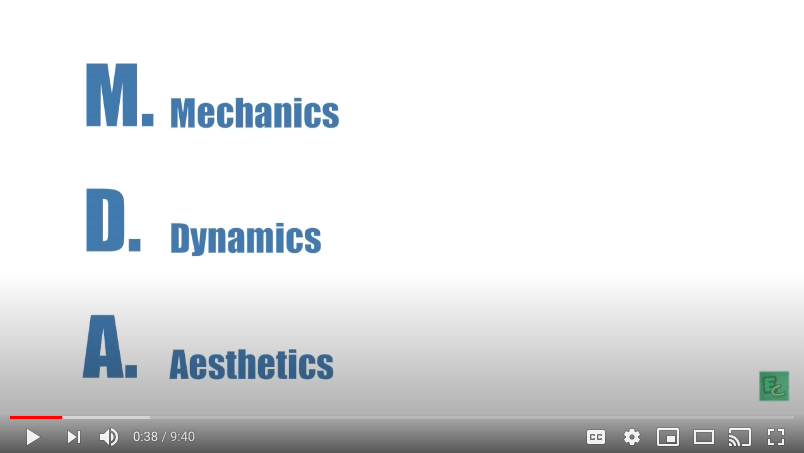

- Sensation (Game as sense-pleasure): Player enjoys memorable audio-visual effects.
- Fantasy (Game as make-believe): Imaginary world.
- Narrative (Game as drama): A story that drives the player to keep coming back
- Challenge (Game as obstacle course): Urge to master something. Boosts a game’s replayability.
- Fellowship (Game as social framework): A community where the player is an active part of it. Almost exclusive for multiplayer games.
- Discovery (Game as uncharted territory): Urge to explore game world.
- Expression (Game as self-discovery): Own creativity. For example, creating character resembling player’s own avatar.
- Submission (Game as pastime): Connection to the game, as a whole, despite of constraints.
MDA Notes
- Mechanics – its rules, every basic action the player can take in the game, the algorithms and data structures in the game engine etc.
- Dynamics – run-time behavior of the mechanics acting on player input and “cooperating” with other mechanics.
- Aesthetics – the emotional responses evoked in the player.
LAB (THEORY PRACTICED)
- Mechanics are the base components of the game – its rules, every basic action the player can take in the game, the algorithms and data structures in the game engine etc.
- Dynamics are the run-time behavior of the mechanics acting on player input and “cooperating” with other mechanics.
- Aesthetics are the emotional responses evoked in the player.
Brainstorm Ideas for Each of the Eight Categories
- Sensation (Game as sense-pleasure): The player enjoys memorable audio-visual effects.
- Have the highest quality of sensation and have good audio.
- Fantasy (Game as make-believe): Imaginary world.
- You have good props and creatures and things added to the game such as animals or trees or cars
- Narrative (Game as drama): A story that drives the player to keep coming back
- Have interesting details to have them locked in.
- Challenge (Game as obstacle course): Urge to master something. Boosts a game’s replayability.
- Have challenges to overcome like a thing like donkey kong.
- Fellowship (Game as social framework): A community where the player is an active part of it. Almost exclusive for multiplayer games.
- Discovery (Game as uncharted territory): Urge to explore the game world.
- Place idea here…
- Expression (Game as self-discovery): Own creativity. For example, creating a character resembling player’s own avatar.
- Place idea here…
- Submission (Game as pastime): Connection to the game, as a whole, despite of constraints.
- Place idea here…
OUTSIDE (CREATIVITY, PRODUCTIVITY & THE BRAIN)
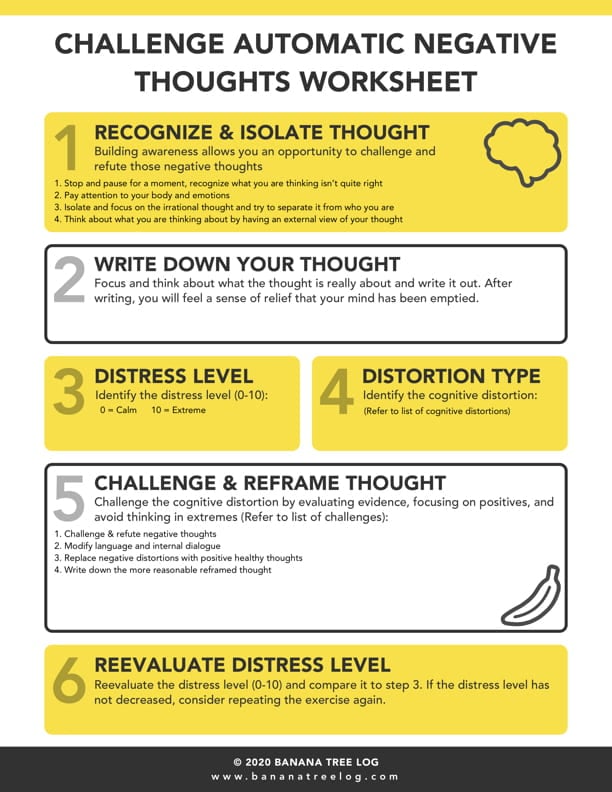
- Review the Challenging Automatic Negative Thoughts Worksheet infographic for 10 minutes (Click for larger PDF version)
- If you want, read more at bananatreelog.com/blog/challenging-cognitive-distortions
- Then review these ‘6 steps will help in reframing negative thoughts and over time your thoughts will be replaced with more rational thinking.’
- Recognize and Isolate the Thought
- Write Down the Thought
- Identify the Distress Level
- Identify the Cognitive Distortion (view PDF)
- Worksheet from bananatreelog.com
- Challenge & Reframe Your Thoughts
- Reevaluate the Distress Level

I saw some people and waved but it made me less stress.
STUDIO (CREATIVITY)
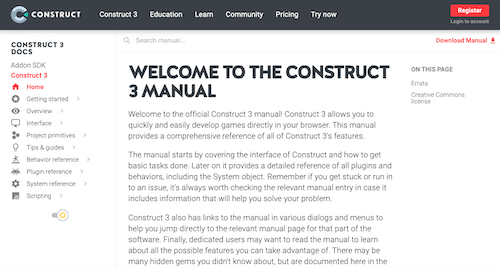
- Set a timer
- Spend 30 minutes in this ‘room’
- Read the Construct Manual Sections
- Home
- Getting started
- Overview
- Interface
- Project primitives
- Tips & guides
- Behavior reference
- Plugin reference
- System reference
- Scripting
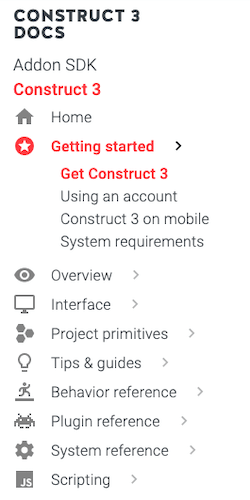
- Read the Construct Manual Sections
- I learned how to use the system a little more. I can use the tools and be able to optimize better.
CONTROL ROOM (PRODUCTION)
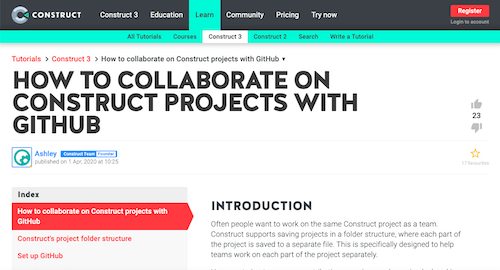
- You usually construct a project with a team with more people so they could help and you guys can create a better project. It will be easier to manage with the more amount of people.
WHAT I LEARNED and PROBLEMS I SOLVED
- A couple problems I fixed is that I fixed my sleep scheduled, I also fixed some of my assignments and i manage my time now.
WEEKLY ACTIVITY EVALUATION
- Fill in the Weekly Activity Evaluation
- done
